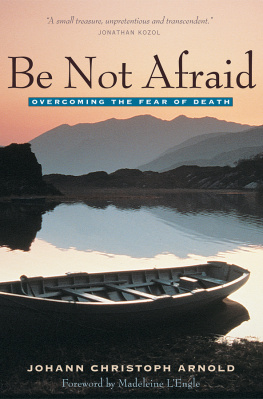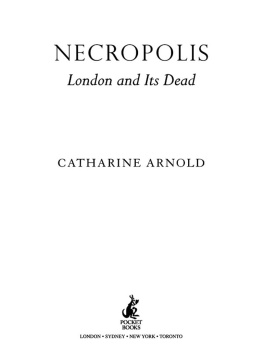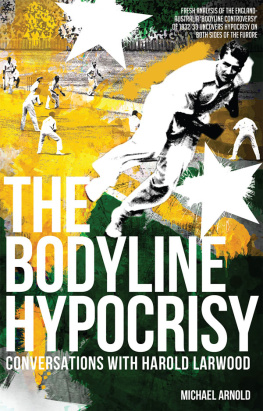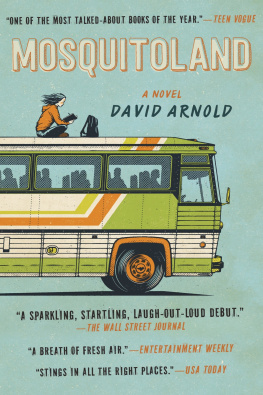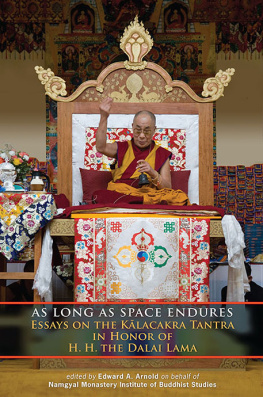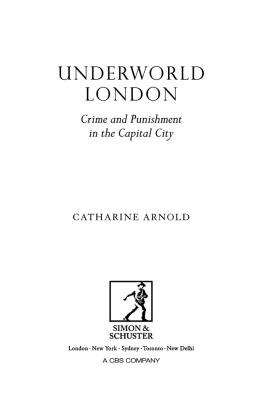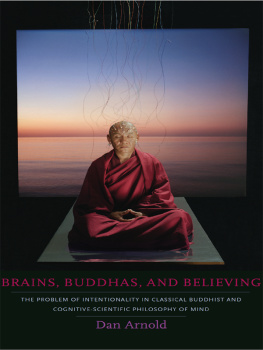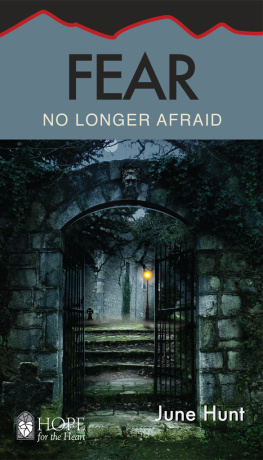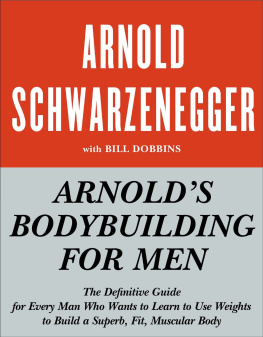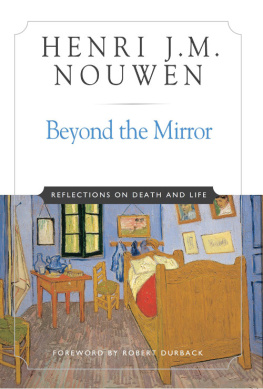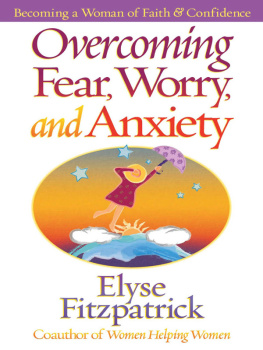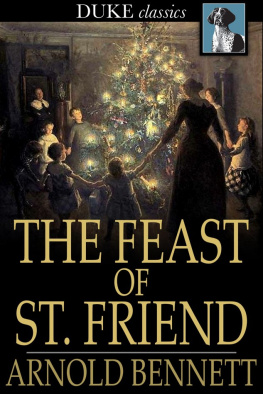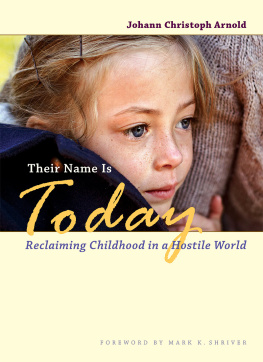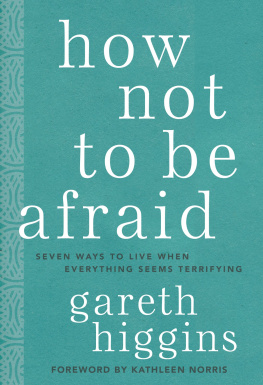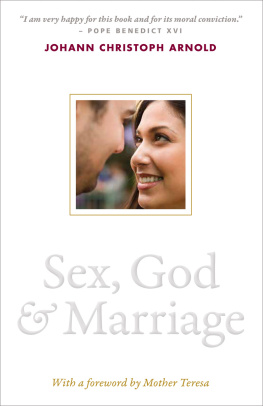Table of Contents
Be Not Afraid
Overcoming the Fear of Death
Johann Christoph Arnold
Published by Plough Publishing House
Walden, New York
Robertsbridge, England
Elsmore, Australia
www.plough.com
2002, 2014 by Plough Publishing House
All rights reserved.
978-0-87486-195-2
Foreword by Madeleine LEngle 1996 by Crosswicks, Ltd.
Cover photograph 1996 by Farrell Grehan
God is love; and he who abides in love abides in God. In this way we may have confidence on the day of judgment There is no fear in love; perfect love casts out fear. 1 John 4:16-18
Foreword
By Madeleine LEngle
One evening while my children were doing homework, I was sitting at my desk writing, when one of our neighbors, a young man in high school, came in demanding, Madeleine, are you afraid of death?
Barely turning, I answered, Yes, Bob, of course. He plunked himself down on a chair. Thank God. Nobody else will dare to admit it.
Death is change, and change is always fearful as well as challenging, but until we can admit the fear, we cannot accept the challenge. Until we can admit the fear, we cannot know the assurance, deep down in our hearts, that indeed, we are not afraid.
Be Not Afraid is a wonderful book about the kind of fearlessness of death that comes despite the normal fears we have, no matter how deep our faith. Indeed, it is only deep faith that can admit fear, and then move on to the understanding that God can work through our tragedies as well as our joys; that even when accidents and illness let us down, God never lets us down.
I am also grateful that Be Not Afraid addresses the paradox of our abuse of the great gift of free will, and Gods working out of Loves plan for the universe. No, God does not cause or will the death of a child, but God can come into all things, no matter how terrible. God can help us to bear them, and even be part of them.
In a society that is afraid of death not the normal fear Bob expressed, but the terrible fear that surrounds us when we are not centered on God we tend to isolate the dying, implying that death is contagious. Yes, we all die; there are no exceptions; but we are not meant to die alone. I was taken through a beautiful new cancer hospital where in each room there was what looked like a small mahogany table. In a moment it could be pulled out and turned into a bed, where a family member or friend could be with the person who was ill.
I was privileged to be with my husband, holding him, at the time of his death. The grace to be with other people as they have made the great transition has been given me. Perhaps when I answered Bobs question with, Yes, of course, I was referring to awe, rather than fear or panic, an awe some of us are afraid to face.
I wish a friend had put this beautiful book in my hands when my husband died. It honors life, and in honoring life it honors death. It also honors the One who made us all with such love. God came to live with us as Jesus, to show us how to live, and to die, and that gives us assurance of the Resurrection, and of life in eternity that is, of life beyond time and all that is transient, in Gods love forever.
Goshen, Connecticut
Introduction
By the author
Are you afraid of dying? Do you know someone who is? Have you ever wondered how you would survive the loss of someone you love? Whether consciously or not, every life is sooner or later touched by death, and thus every person must deal with these questions at one point or another. That is why I have written this book.
We cannot avoid death. It overshadows all our lives. We live longer than our grandparents; we are better fed; we lose fewer babies. Vaccines protect us from once-feared epidemics; hi-tech hospitals save tiny preemies and patients in need of a new kidney or heart. But we are still mortal. And even if we have been successful in warding off plagues that decimated earlier generations, we have no lack of our own from suicide, abortion, divorce, and addiction, to racism, poverty, violence, and militarism. We live, as Pope John Paul II has said, in a culture of death.
It is also a culture of fear. Fearing old age, we hide our elderly in nursing homes. Fearing crime, we protect ourselves with guns and locked doors. Fearing people who dont look like us or earn as much, we move into segregated or gated neighborhoods. Fearing other nations, we impose sanctions and drop bombs. We are even afraid of our own offspring, turning our schools into virtual prisons, and our prisons into holding pens and morgues. Add to all these anxieties several more that are driving millions to distraction, at least at the time of this writing: terrorism, bio-warfare, and planes falling out of the sky.
With eight children, and some two dozen grandchildren, I know what it is like to ponder the future and be scared. Having stood at the bedside of dying friends and relatives and having fought alongside them I also have an inkling of what it means to face death. More important, I have seen the peace that radiates from those who have not only battled their fears but found strength to overcome them. That peace gives me courage and hope, and in telling you their stories, I hope it will do the same for you.
Ordinary men and women, the people in this book had their share of bad days, struggles, obstacles, and low moments. They cried; they were scared; they needed reassurance. Most would have gone under without support. But to me their significance lies not so much in the way they died, but in the way they prepared for death, whether aware of it or not: by living life to the full, and not for themselves, but for others. None of them were anywhere near perfect, but in serving a cause greater than themselves, they were given eyes to see beyond their own needs, and courage to bear suffering without being defeated by it.
One person I knew died so suddenly and so recently that I am still coming to terms with it. A Franciscan priest and a fire department chaplain, Father Mychal Judge was going about his daily business in New York Citys Church of St. Francis when a fellow friar rushed into his room to tell him that he was needed right away at the scene of a fire. The date was September 11, 2001; the place, the World Trade Center, which had just been hit by two hijacked planes and was engulfed in flames.
Donning his uniform and rushing downtown, Father Mike was soon at the base of the Twin Towers, where he joined hundreds of others mostly rescue teams converging on the scene. The details of what transpired next are unclear: some say he administered last rites to a dying firefighter; others remember him standing alone in silent prayer. Whatever happened amid all the chaos, it was his final hour. Shortly before Tower One collapsed, his lifeless body was discovered in the lobby and carried to a nearby church.
Aside from his chaplaincy work for the Fire Department of New York, Father Mike was an outspoken advocate for people dying of AIDS; he was also known throughout the city for his love of the downtrodden. With a pocketful of dollar bills rescued from friends who could afford to give them away, he always had something to give a needy person on the street.
In 1999 Father Mike and I traveled through Northern Ireland with a mutual friend, NYPD Detective Steven McDonald, promoting dialogue and reconciliation. We made a second trip to Ireland in 2000, and at the time of his death, we were in the final stages of planning a similar one to Israel and the West Bank.
Father Mike spent his last hour on earth encouraging others by turning to God; and that is basically the same reason I put together this book: to encourage you by pointing you toward God. In him, as these stories show, there is comfort and strength for even the most anxious soul.

